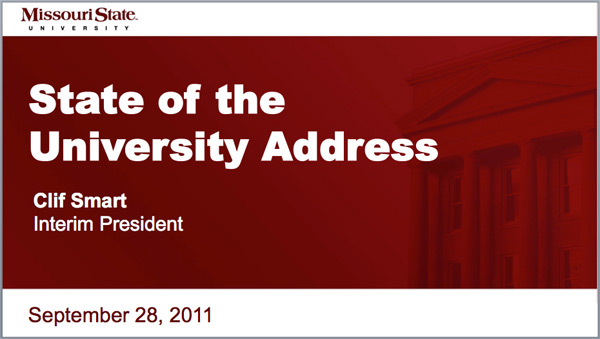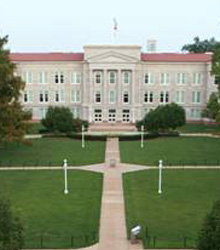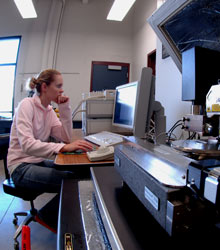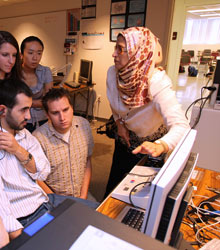Clif Smart and Frank Einhellig presented the State of the University address at noon on Wednesday, Sept. 28, 2011.
[youTubeVideo url=”http://www.youtube.com/watch?v=KpEo4wKUkQ0″ width=”600″ height=”371″]
[audioUrl url=”http://deimos3.apple.com/WebObjects/Core.woa/FeedEnclosure/missouristate.edu-dz.10301318096.010301318098.10300924204/enclosure.mp3″ desc=”2011 State of the University Address audio”]
Supplemental information
Broadcast information
For those who could not attend in person, the speech was recorded for replay at 7 p.m. on Sept. 28 on KSMU 91.1, 88.7 in Mountain Grove, 90.3 in West Plains, 98.9 in Joplin, 103.7 in Neosho, and KSMS 90.5 in Branson.
The speech will be televised on Ozarks Public Television at 9:00 p.m. on Sept. 29. Ozarks Public Television is seen in Springfield on Mediacom channel 13. Viewers with over-the-air antennas receive OPT on channel 21.
* You need Adobe Reader to access this file.






 Cooperative doctor of pharmacy degree program
Cooperative doctor of pharmacy degree program Sincerely,
Sincerely,


